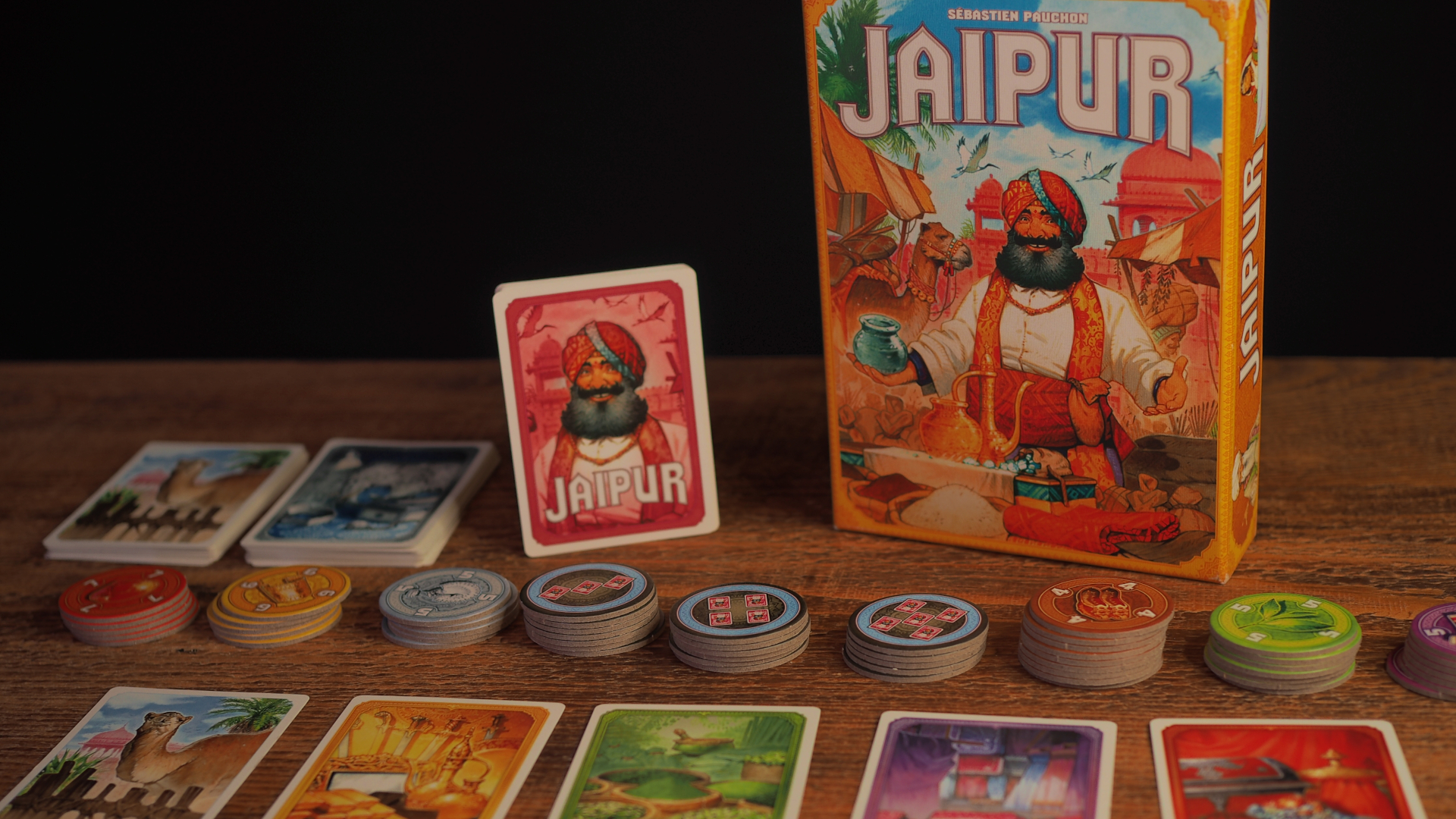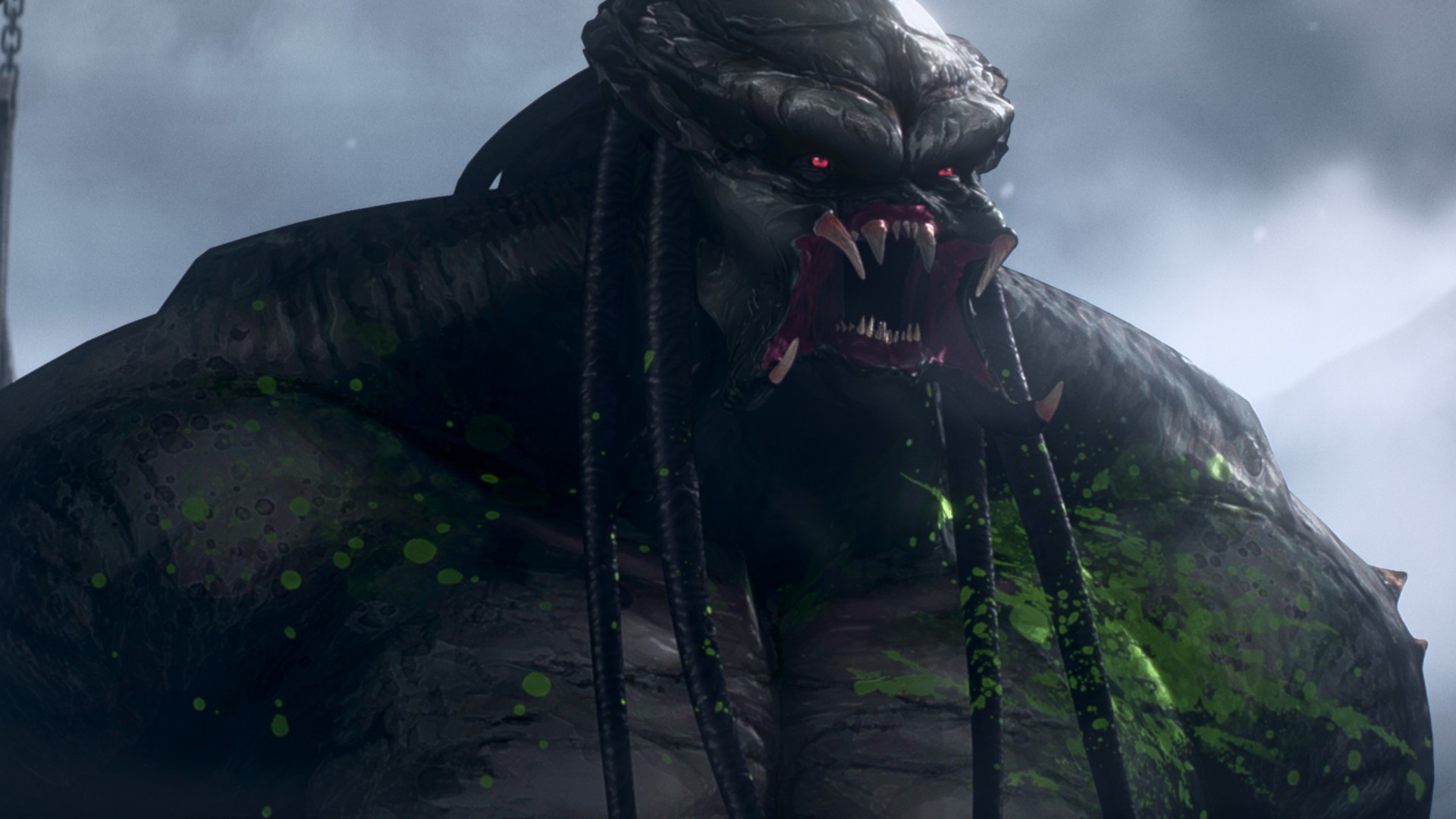Thor - How Marvel turned a stuffy mythological god into one of the most unique superheroes ever
Why Thor is worthy of being... well... Thor!

When you talk about how long most iconic comic book characters have end๊ured, it's a matter of decades.
Thor? Try centuries.
Thor the comic book character is, of course, based on Thor the mythological Norse god. Records of the name⛎ being used by Germanic peoples date back to the 7th century. But there's a great d꧅eal of difference between the Thor of legend and the Thor created by Stan Lee, Larry Lieber, and Jack Kirby.
"In the original Norse myths, he was this kind of boorish, drunken, fun-loving brawler that used to team up with Loki all the time, and Loki would constantly have to bail him out with magic, and smarts, and clever thinking," says Fred Van Lente, wr𒁏iter the and the Marvel series . "When Marvel introduced him, he was a lot more noble."
The early days of Marvel's Thor

Marvel Comics' Thor was first introduced in 1963's . Since then, the hammer-wielding hero has starred in hundreds of issues of his own solo title, become a regular fixture of supe😼rhero team the Avengers, inspired dozens of spinoffs and limited series, and been depicted in several animated series and ✤live-action films.
Clearly, there is something unique about Thor th🔯at's made him last over the years, to the point where's he's placed in th🐓e upper echelon of Marvel heroes like Spider-Man, Captain America, and the Hulk — all of whom have slightly tidier beginnings.
"A big dude that likes hitting stuff is fun to watch," says comic book editor and writer Nate Cosby, succinctly explaining 𓆏the character's Mjolnir-fueled appeal. "Visually, he's Superman with a hammer. A strong, striking presence will buy a character a long shelf-life."
Comic deals, prizes and latest news
Get the best comic news, insights, opinions, analysis and mo🥃re!
Cosby, who oversaw one of the most cr✨itically acclaimed interpretations of Thor in the 2010 series by Roger Langridge and Chris Samnee, says there's a simple central metaphor that makes him work, dating back to the character's origin of being cast out of Asgard by his fa🦄ther, Odin.
"Thor's a big whiny baby pu♉t in time-out," Cosby says. "His whole life's been non-stop grand adventures and doing whatever the hell he wanted, whenever the hell he wanted to do it. Then he makes an unconscionable, unfathomably stupid decision, so his dad's gotta teach him a lesson."
Thor is about family

Thor's familial disputes aren't limited to father and son. His adopted brother Loki has beeꦓn both his best friend, and, more c🗹ommonly, his greatest enemy.
Bryan JL Glass, who ꦜwrote the limited series , says that Thor's famed sibling rivalry and prominent 'daddy issues' go🐷 a long way in making an otherworldly being feel human.
"As the superhero genre has been dominated these past 50 years by a mostly male fan base (andꩵ thankfully that is changing), Marvel Comics' incarnation of Thor embodies much of what his fans recognize in their own lives," Glass says. "Thor endures his trials, triumphs, and🦋 flourishes like a warrior prince should, and who can't take inspiration from that?"
Kieron Gillen, who has wrote both Thor and Journey Into Mystery, says that a major part of what makes the character unique is that, unlike Batman, Spider-Man, and so many other superheroes, Thor's parents are not only stil🌟l alive, but a major part of his life.
"He's not an orphan," Gillen says. "In fact, a primary source of drama is his relationship with his father and the pressures a present father figure gives are interestingly different fro🍸m a missing, idealized parental fi🀅gure."
Thor as a god AND a superhero

It's frequently said that superheroes are modern myths, ♕and the fact that Thor is both a superhero and a mythological figure creates what Glass calls an "intriguing irony.♑"
"The irony is that they took a god hero of one age and made of him a hero god of our age, attributing to him the heroic virtues of the Marvel universe just as his creators had applied to him the virtues of their own cult👍ure," says Glass, who wrote a promotional tie-in comic to the first Thor movie for Burger King, as well as a Thor mobile game.
For Ashley Miller, one of the scrꦦeenwriters of the first Thor film, the title character's position as both g📖od and superhero accounts for much of the reason he's stuck around for nearly 50 years.
"I think that he embodies a lot of qualᩚᩚᩚᩚᩚᩚᩚᩚᩚ𒀱ᩚᩚᩚities that you can associate with other heroes, but he embodies them uniquely," Miller says. "When you think of the man who's cast down to Earth, and he's got the powers of a god, the fir⭕st place you go to is Superman — but you take away Superman's powers, and he's just the guy who gets his ass kicked in Superman II in a bar.
"But Thor? You take away Thor's powers, and you stick him in a cage with 50 guys — pick the 50 toughest guys you can find — Thor walks out alive. Those guys walk out, or maybe they don't. He's𒆙 still cool, even if you take away his powers."
Thor is more than one thing

The inherently varied nature of Thor helps to open him up to work in many different types of stories. He can just as easily be seen on the ground alongside Iron Man and Captain America, having cosmic🦩 adventures in outer space, fighting Dracula, or — in one notable instance during Walt Simonson's legendary run — turning into a frog.
Veteran🐼 Thor (and Loki) writer Robert Rodi once told Newsarama that "you can do so many different types of stories" with the character. Gillen agrees.
"As an extended cast, Thor has an enormous amount of range,💎" Gillen tells Newsarama. "Spider-Man's setting is in primarily New York. Thor can go into his past, and lean fantasy. He can go into space, and lean cosmic. He can go into space, in a different wa⛦y, and lean more pure science-fiction."
Thor's hiatuses

Walter Simonson's stint as writer and artist of Thor in the '80s is widely considered to be the definitive take on the character. Van Lente said that both following the end of Simonson's run, and after the departure of original artis🦩t Jack Kirby circa 1970, Thor struggled a bit to connect with reader🌊s.
"Spider-Man has the 'nerd gets superpowers' wish-fulfillment, Batman has that eternal pulp avenger thing going on," says Van Lente, who wrote the movie version of Thor for a story in Disney Publishing&rs♛quo;s Thor: The Official Movie Magazine. "I can't think of another superhero𒀰 franchise that has not struggled. I don't think that necessarily has anything to do with Thor, I think that has to do with the nature of fictional franchises in general."
Unlike Spider✃-Man, there have been a couple of gaps since Thor's inception when the Thunder God has not starred in a titular series published by Marvel Comics: During the 'Heroes Reborn' and 'Heroes Return' era between 1996 and 1998, and ab🐷out three years from 2004 to 2007. For the latter period, Thor was mostly completely absent from Marvel stories.
"I think the three🀅 years gap reminded people of how much they actually liked the guy," Gillen says. "With certain characters, you can just be🌄come over-comfortable with them being around. Talking as someone who wasn't writing for Marvel then, that gap was one of the bravest and smartest things I saw in '00s comics editorial decisions. A little gap, and bring him back with a thoroughly modern take by some of our best creators."
Despite Thor's recent successes, Gillen does admit that the Asဣgardian can sometimes be a tougher sell than his superhero brethren.
"There are a few🀅 reasons why Thor can be trickier," Gillen says. "The core metaphorical appeal of Thor is often less front and center than others, and some perfectly valid takes tend to lead Thoꩵr into genres that tend to be less popular in the comics mainstream. Thor can operate as the closest the comic mainstream has to a pure fantasy comic. Hell, I've written Thor as a pure fantasy comic... but doing that too much has a tendency to lose people.
"The more you do that, the more you can lose﷽ the larger audience. Thor's also got a tendency to drift towards being a little too po-faced for comfort if left to its own devices. The problem with both is that Thor should include both of those elements — in fact, those elements can be core of its appeal &md🌺ash; but it has to include a whole lot else, too."
Why Thor is worthy

So with d𓃲ecades of comic book history and centuries of mythological lore, Thor stands out, not just among superheroes, but also his fellow Norse gods.
"The Norse pantheon is huge," says Zack Stentz, Miller's fellow Thor screenwriter. "But when Christianity was first coming to Scandinavia, the competing god that they set up against the rising power of Christianity was Thor. You either wore a cross, or you wore a little hammer. Thor was the one they put forward from the very begin🅺ning."
These comics are more than worthy of being called the 澳洲幸运5开奖号码历史查询:best Thor stories of all time.


